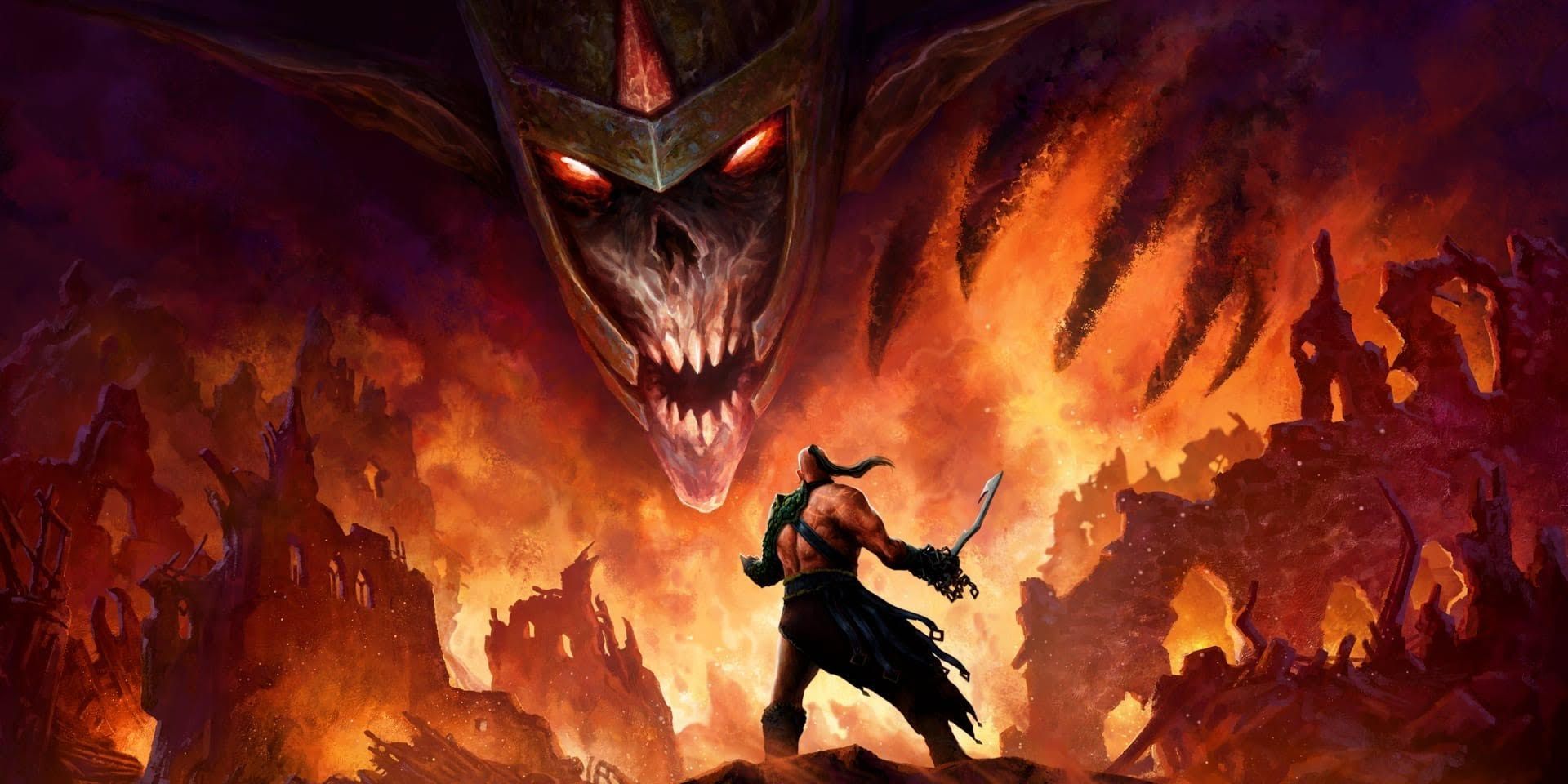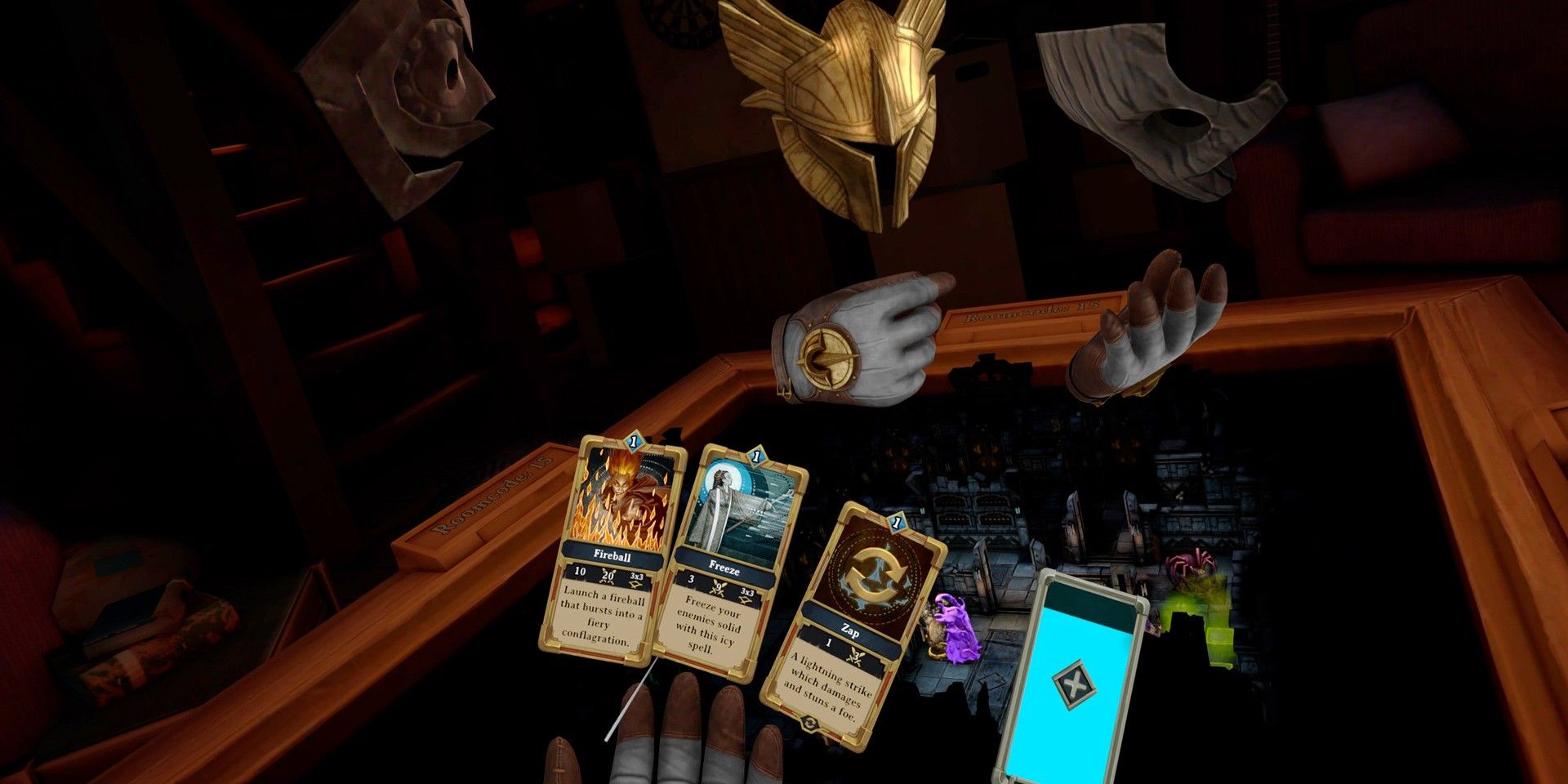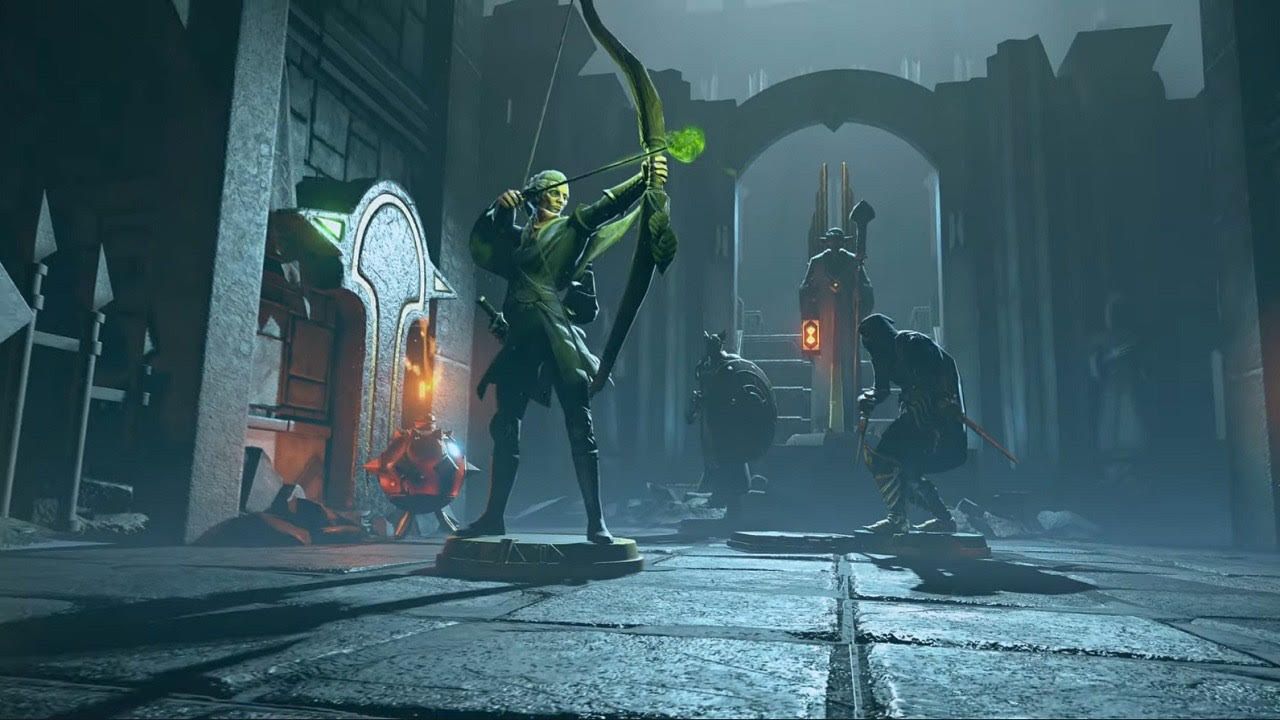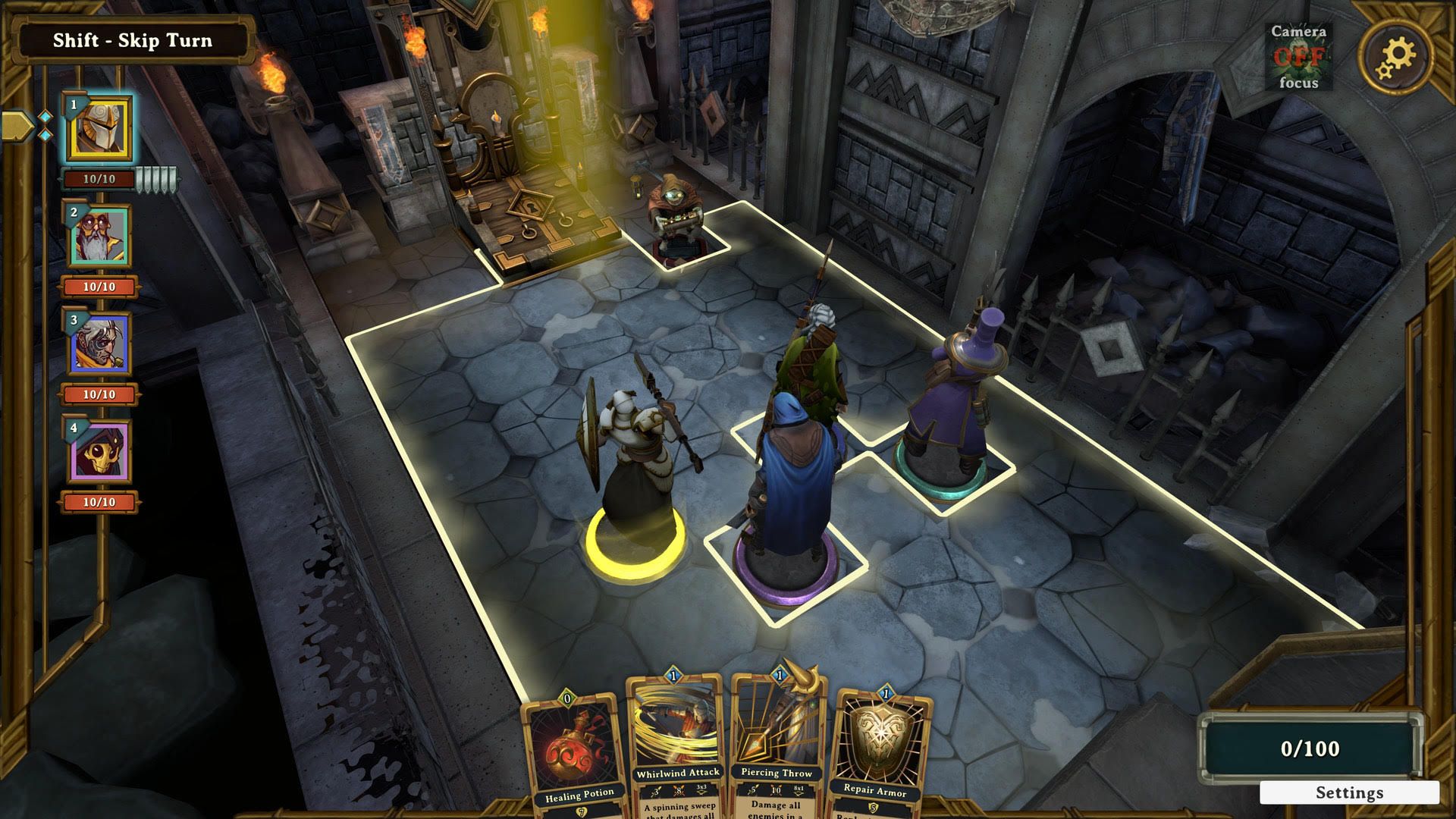There is a slew of good turn-based party RPGs that pay tribute to the experience of playing a game of Dungeons & Dragons with friends. Game series like Divinity: Original Sin, Neverwinter Nights, and of course the Baldur's Gate series do the genre justice. A fairly new game has come to light, however, and although it functions similarly to a roguelike game, it pays just as much tribute to Dungeons & Dragons and is worth checking out. That game is Demeo.
Demeo is an indie RPG that has been around for a couple of years now, but it is still receiving updates that expand upon the game. Players can choose between seven different classes to form their parties and delve into dungeons again and again, either alone or with friends. For gamers who want to try a new game that sticks closely to a classic tabletop RPG style, Demeo is the perfect option.
Demeo Is Perfect for Virtual Reality
Developed by Resolution Games, Demeo is an indie RPG initially released in 2021. The game has been positively received since its initial release and seems to only grow in popularity. Some of the positivity, however, may be connected to the first platform it was released on.
Interestingly enough, Demeo was designed to be a VR game. Multiple players can strap on a VR headset and look over a playing table very similar to Dungeons & Dragons, only since it's in VR, monsters and magic seemingly come alive with every turn that is taken. Players pick up cards, dice, and character miniatures to move them across the board with the help of VR gloves. Although this concept makes the game extremely compatible with VR, it has also been made available for PC, and soon players will be able to enjoy it on the PlayStation as well.
How To Explore Demeo's Dungeons
The way Demeo works is rather simple, which can make it appealing to fans of Dungeons & Dragons who want to take a breather before the next big campaign. Demeo operates like a turn-based tabletop RPG, and it also throws a few roguelike elements into the mix. One game is played by selecting the desired dungeon and clearing out each floor.
There are three floors: the initial floor, the second floor, which contains a mini-boss, and the final floor, which is home to the main boss. Enemies will grow to become increasingly more difficult, so it's imperative that players make wise decisions and build the best party possible. Players can explore the map thoroughly to find hidden treasure and every little secret, but this comes with its own risk since the main goal should be to clear the floor before becoming overwhelmed by enemies, which will constantly spawn until at least one party member can escape. The party can only escape to the next floor if they've defeated the enemy holding the key.
How Demeo's Classes Work
Currently, there are seven different classes for players to choose from: the Guardian, Assassin, Sorcerer, Hunter, Bard, Warlock, and Barbarian. As with any good RPG, each class brings a unique utility to the table. The way all the classes relate, however, is by the use of cards that they can play at each turn.
Each class comes with its own selection of typically combat-based cards to play at their turn. Every player is given the ability to move a certain number of spaces as well as play a card to use an action. Doing both of these things will begin to use up the player's turn, so having a strategy is vital. Fortunately, there are a few things to help the party throughout each floor.
Throughout each floor, players will notice little piles of gold scattered across the playing board. If the party delves even deeper, they may even find a chest filled with new cards and equipment. Both of these things can be extremely helpful in getting to the next floor. Chests can contain cards that help with damage, restoring attack energy to players, or good old fashion health potions. In between each floor, there is a ghoulish merchant who can provide more cards and equipment based on the amount of gold picked up and stored after completing floors. Making characters stronger, therefore, is less about leveling up and more about collecting gold in every dungeon. Since Demeo is formatted in this way, playing it can feel akin to playing through a fast-paced one-shot D&D series with friends.




